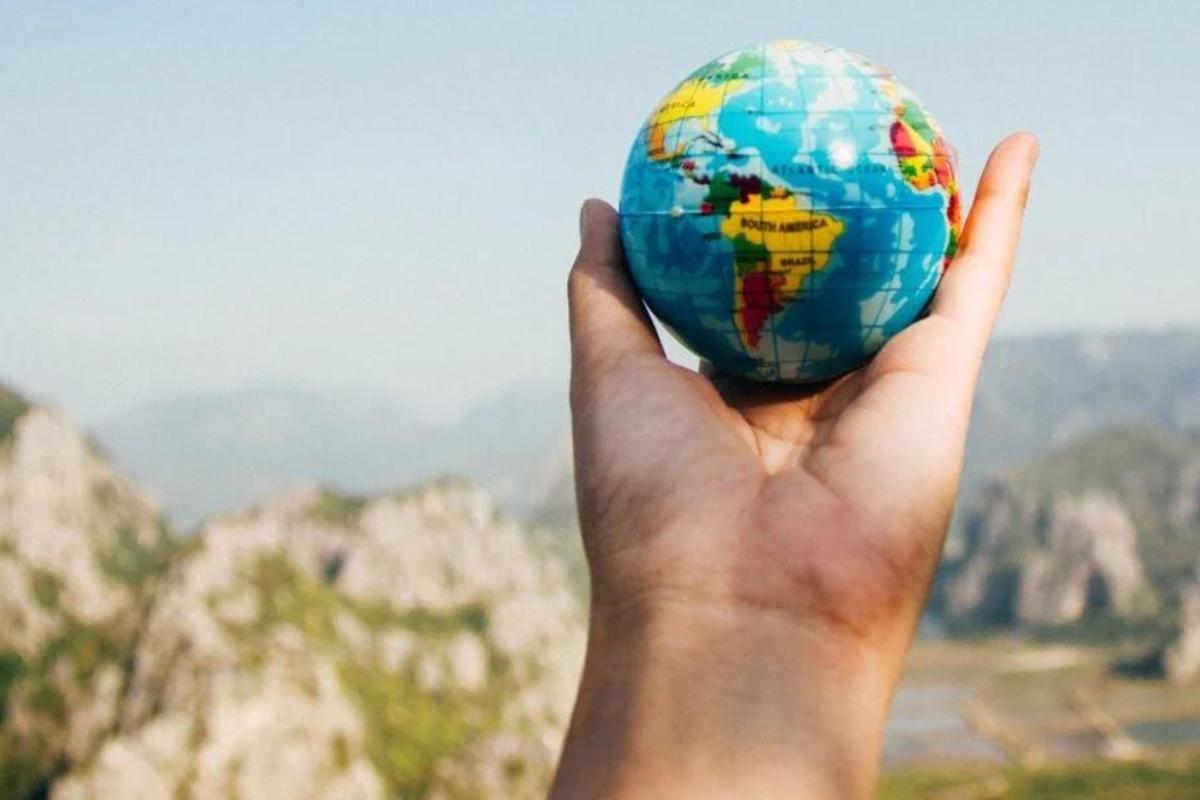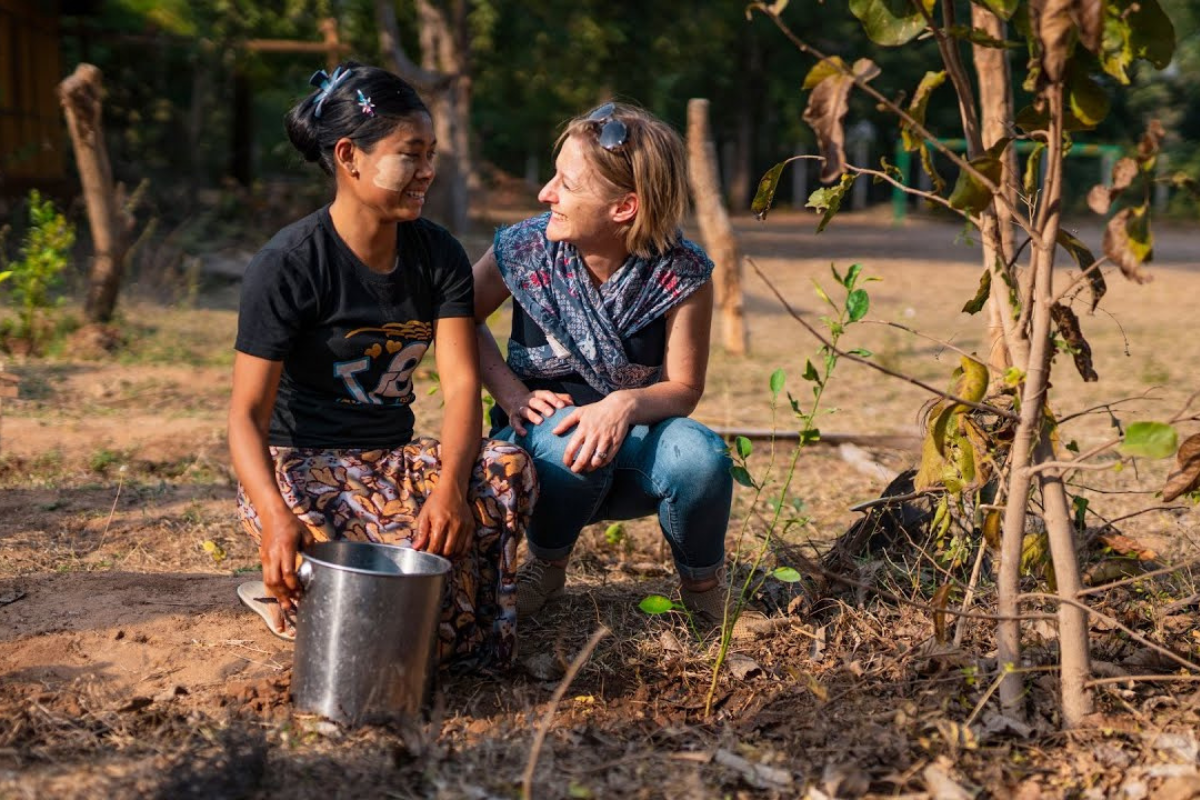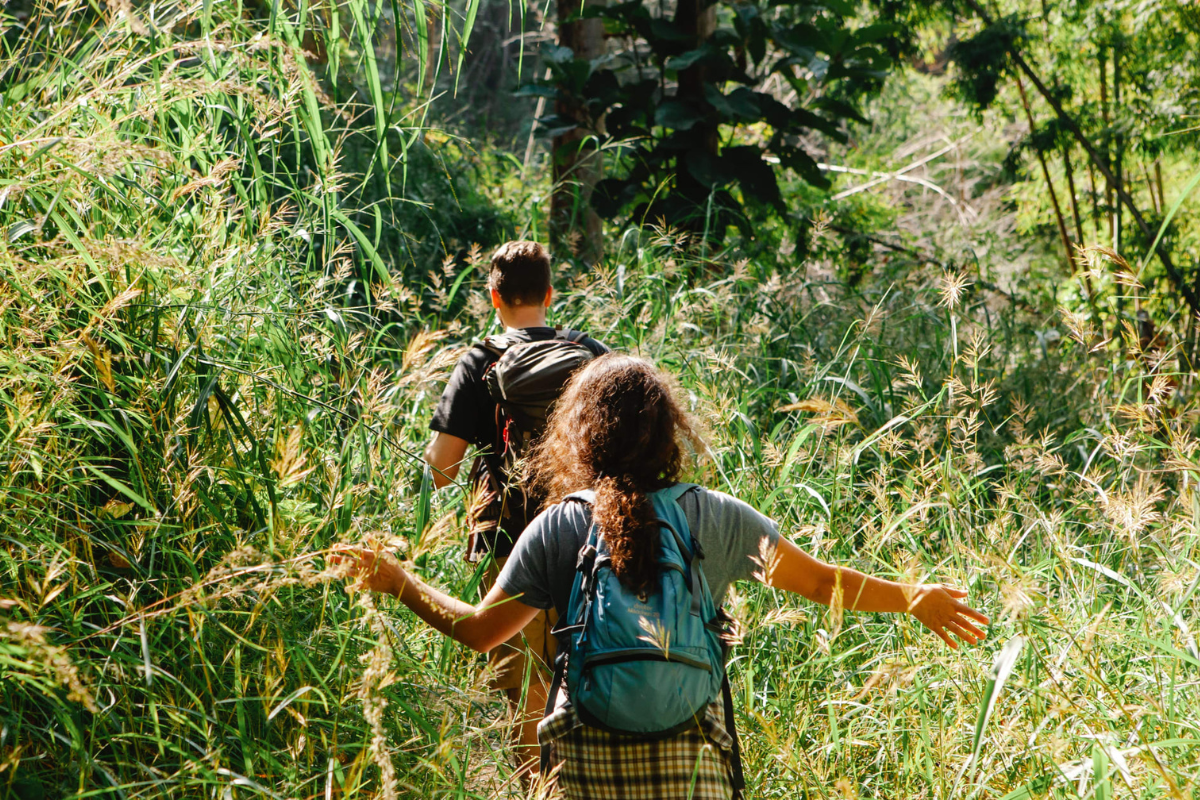Tourism, a significant driver of global economic activity, often faces criticism for its potential to negatively impact the environment and local communities. However, technology is emerging as a powerful tool to promote responsible tourism practices, leading to a more sustainable and ethical travel industry.

Photo: Hi Travel Tales
Tourism has become an essential facet of the global economy, fostering cultural exchange, economic opportunities, and personal growth. However, its unfettered growth can lead to environmental degradation, cultural appropriation, and exploitation of local communities. To address these concerns, the concept of “responsible tourism” has emerged, emphasizing mindful travel practices that minimize negative impacts and maximize positive ones. In this digital age, technology plays a crucial role in promoting responsible tourism practices, leading to a more sustainable future for travel and the destinations we cherish.
Minimizing waste: Technology’s role in responsible tourism
Waste generation poses a significant challenge in tourism, polluting landfills and threatening natural habitats. Fortunately, technology offers innovative solutions to tackle this issue and promote responsible practices.
Travel planning apps like “Responsible Travel” empower travelers to make eco-conscious decisions throughout their journeys. These apps guide users towards eco-friendly accommodation options that utilize sustainable materials, minimize water usage, and offer reusable amenities, reducing the need for single-use plastics. Additionally, they recommend utilizing public transportation or cycling whenever possible, minimizing carbon footprint and associated waste from fuel consumption. Moreover, these apps highlight businesses prioritizing responsible waste management practices, empowering travelers to choose sustainable options that minimize their environmental impact.

Photo: UN WTO
Beyond travel planning, technology like “Travalyst” leverages blockchain technology to improve luggage tracking. This innovative solution minimizes the environmental impact associated with lost luggage, a major contributor to waste. By effectively tracking luggage throughout the journey, “Travalyst” helps reduce the number of unnecessary replacements and the subsequent waste generated from lost-and-found items. This not only benefits travelers by reducing stress over lost luggage but also contributes to a more sustainable tourism industry.
Furthermore, applications like “Too Good To Go” address food waste, another significant concern in the tourism sector. These platforms connect restaurants and stores with consumers, allowing travelers to purchase surplus food at discounted rates. This innovative approach prevents food waste while offering travelers cost-effective dining options. By facilitating the redistribution of surplus food, “Too Good To Go” contributes to both responsible resource utilization and cost-conscious travel.
Empowering local communities: Technology fosters responsible tourism
Responsible tourism goes beyond environmental sustainability. It prioritizes engaging with and supporting local communities. Fortunately, technology offers various tools that empower this approach, fostering a sense of shared responsibility and mutual benefit between travelers and communities.
Crowdfunding platforms like GoFundMe and Kickstarter play a crucial role in empowering travelers to contribute directly to community development. These platforms allow direct donations to local projects, enabling travelers to support initiatives that align with their interests, be it educational programs, infrastructure development, or cultural preservation efforts. By facilitating direct financial support, technology empowers travelers to become active stakeholders in the well-being of the communities they visit.

Photo: Gateway To Charlottesville
Furthermore, platforms like “Fairbnb” champion responsible tourism by connecting travelers directly with local hosts. This approach bypasses large corporations, ensuring that a greater share of income reaches individuals and local communities. This not only empowers residents economically but also fosters authentic cultural experiences for travelers. By staying with local hosts, visitors have the opportunity to immerse themselves in the local culture, learn about the community’s traditions and perspectives, and forge genuine connections with residents.
Technology goes beyond financial support and cultural exchange by facilitating skill-sharing opportunities. Applications like “Workaway” connect travelers with local communities seeking volunteers for various tasks, ranging from agricultural work to environmental initiatives or language exchange programs. This mutually beneficial approach allows travelers to contribute their skills and learn from local expertise firsthand. They gain a deeper understanding of the community’s challenges and opportunities while offering valuable assistance through their participation.
Technology empowers the support of local communities through various avenues, including direct financial support via crowdfunding platforms, fostering authentic cultural exchange with direct booking platforms like “Fairbnb,” and facilitating skill-sharing opportunities through applications like “Workaway.” These innovative tools allow travelers to actively contribute to local development, fostering a sense of shared responsibility and creating a more sustainable and equitable tourism model.
Protecting nature’s treasures: Technology for sustainable tourism
The protection of natural resources lies at the heart of responsible tourism. Fortunately, technology provides powerful tools that empower travelers to understand their role in conservation and contribute to protecting the delicate balance of ecosystems.
Conservation apps like “iNaturalist” empower citizen science by enabling tourists to document and identify the flora and fauna they encounter during their travels. This information goes beyond providing travelers with a deeper understanding of the environment; it also contributes to vital data collection. The collected data on species distribution and population trends becomes invaluable for researchers and conservation organizations, allowing them to monitor biodiversity, identify threats, and implement effective conservation strategies. By participating in citizen science through these apps, travelers become active contributors to safeguarding natural ecosystems for future generations.

Photo: Amenitiz
Beyond data collection, technology offers innovative tools to raise awareness about conservation and encourage responsible travel practices. Virtual reality (VR) tours offered by travel operators and conservation organizations present an alternative way to experience protected areas and sensitive ecosystems. These immersive experiences allow viewers to explore pristine landscapes, encounter diverse wildlife, and learn about conservation initiatives without causing any physical harm to the environment. By showcasing the beauty and fragility of these natural treasures, virtual tours cultivate a sense of responsibility and inspire travelers to make informed choices that minimize their environmental impact during their actual journeys.
Technology empowers sustainable tourism through real-time monitoring systems. Sensors and drones deployed in sensitive areas can monitor tourist activity in real time, allowing authorities to implement responsible crowd management strategies. By gathering data on visitor flow and identifying areas experiencing heavy traffic, these systems can inform decisions about managing access to ensure the protection of fragile ecosystems. This data-driven approach allows for the preservation of natural spaces while promoting responsible tourism that respects the carrying capacity of these sensitive environments.

